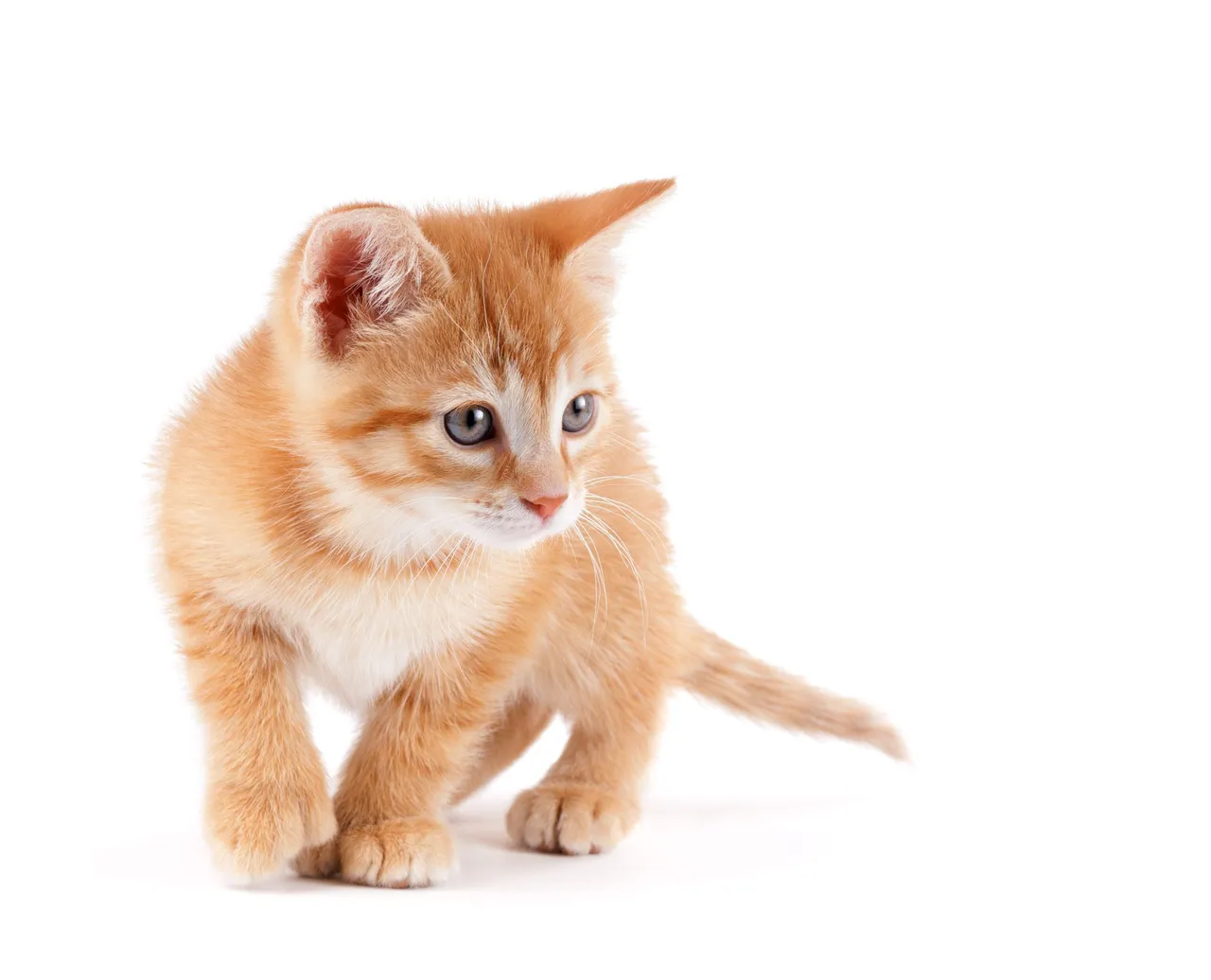
Introduction
As I have discussed previously I am fascinated by human belief systems and how they extend to the paranormal, urban legends and various superstitions.

I was listening to a podcast a while back and heard the host discussing an odd superstition that I had not previously come across.
This is called "fan death".
In some far eastern countries (particularly South Korea) there is a belief that falling asleep with an electric fan running can kill you, particularly if you do it without any open windows.
How Can A Running Fan In Your Proximity Kill You?
According to an article in the Korea Herald believers in fan death have attributed the risk as being due to a few mechanisms:
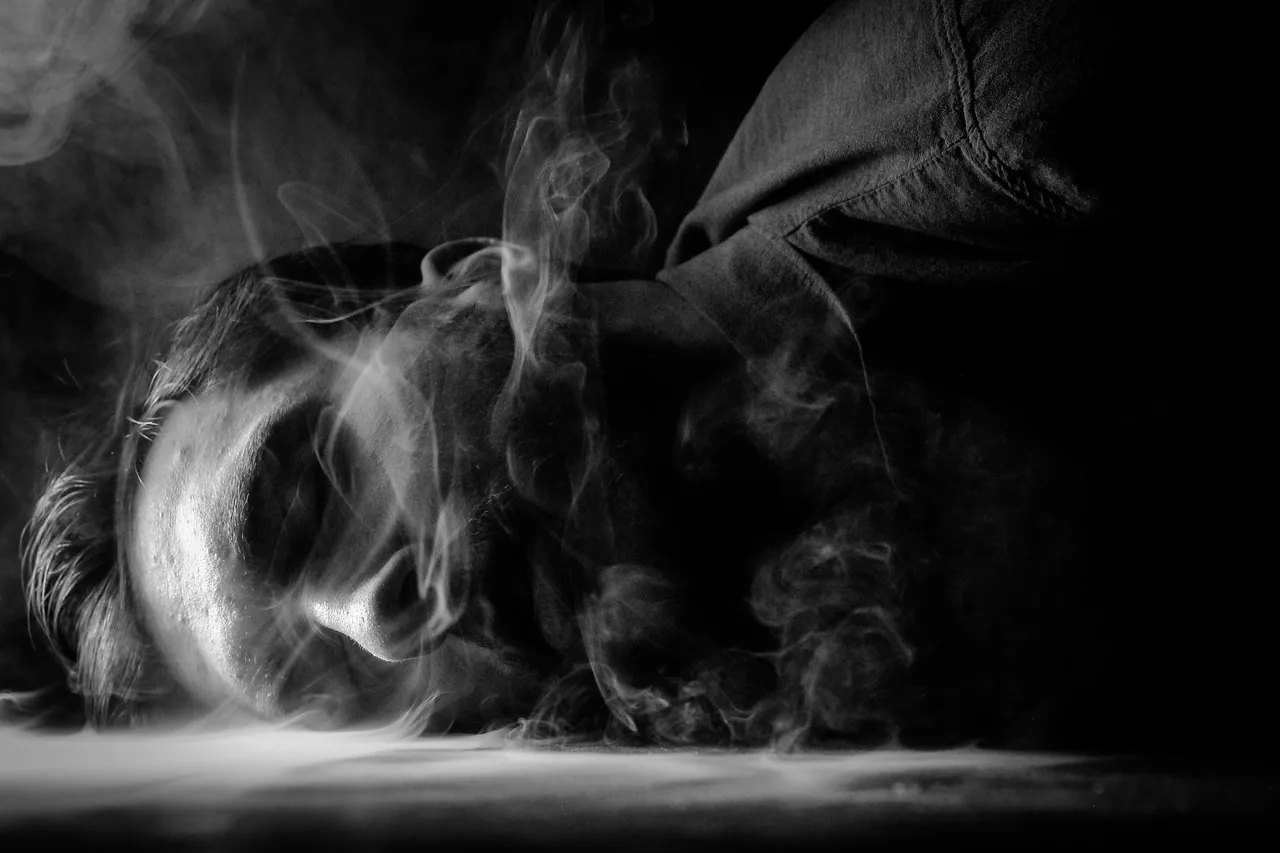
Interference with breathing - from what I can ascertain, it is believed the fan can suck the air out of a person's lungs and cause suffocation.
Hypothermia - having the fan run can cool the person so much that their core temperature drops and they die.
Chemical reactions created by the fan can convert oxygen into (depending on the source) either carbon dioxide or carbon monoxide resulting in suffocation.
It would seem odd that this belief doesn't take account of the fact that points 1 and 2 would actually wake someone up if they were to occur (unless they were extremely rapid).
It is also interesting that people believe having doors or windows open can negate the threat - one can understand that might help in the case of a build up of noxious gasses, but it would not help for points 1 or 2.
It could even make those worse.
A Persistent Belief
Of course, to westerners and those with a scientific mind these beliefs may seem preposterous - yet they still persist in modern times.
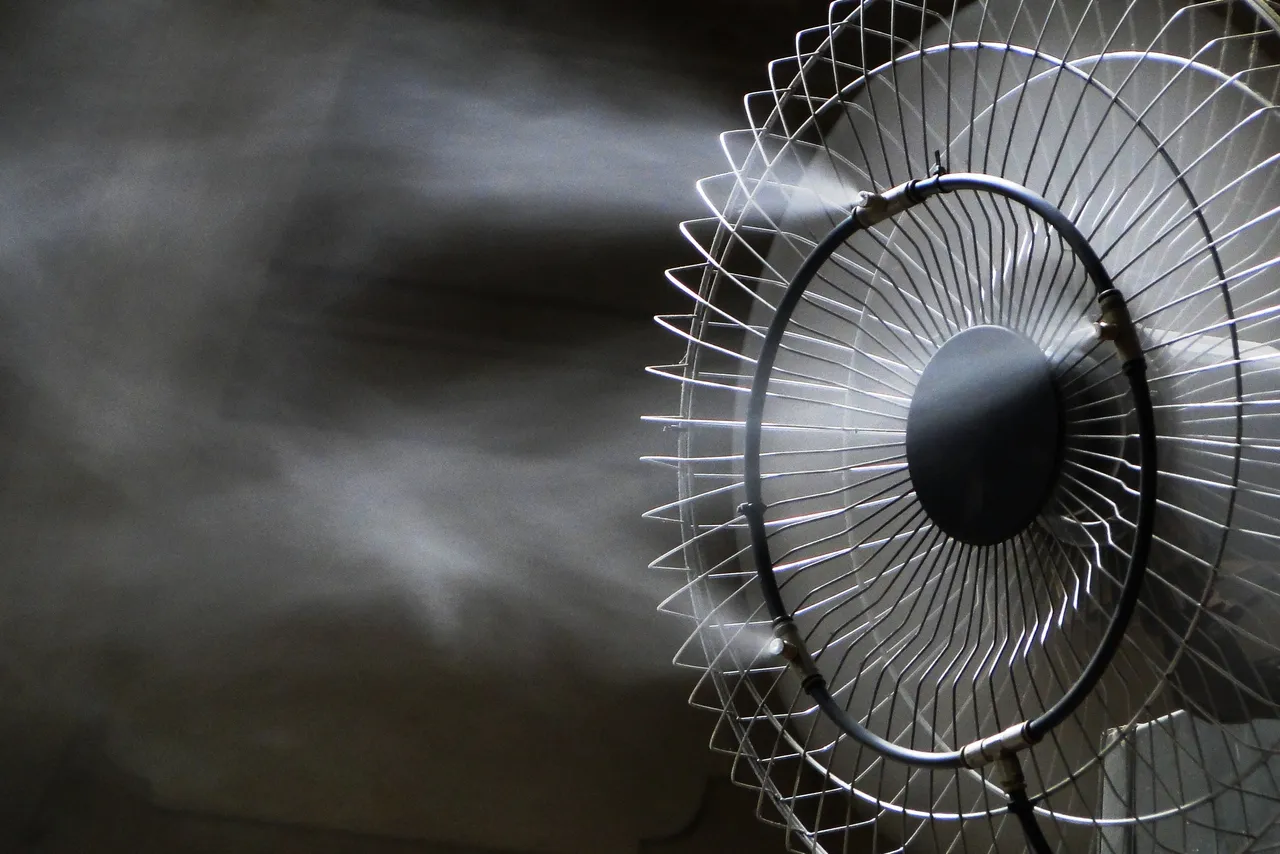
The person discussing this on the podcast which I mentioned earlier said that several of his Korean relatives strongly believe in this idea.
They refuse to sleep with a fan on in the same room, no matter how hot it is!
The Korea Herald article I cited earlier (which luckily comes with an English translation) reports a 2011 case as follows:
"The 59 years-old victim, only known by his surname Min, was found dead with the fan fixed directly at him.
The police revealed that although Min used to suffer from relatively high blood pressure, it was not serious enough to require medication. They are still investigating the cause of death."
They go on to discuss how stories like this add fuel to the belief in fan death.
It's Not That Hard To Understand
I think in some ways it easy to understand why this happens. If you are frail, infirm or suffering from some kind of chronic illness (like coronary heart disease) then your risk of death may well go up during a heatwave.
This has actually been confirmed by statistical evidence - the number of deaths increases during heatwaves, although the exact numbers vary between studies as a result of there being no fixed definition for what represents a heatwave [2].
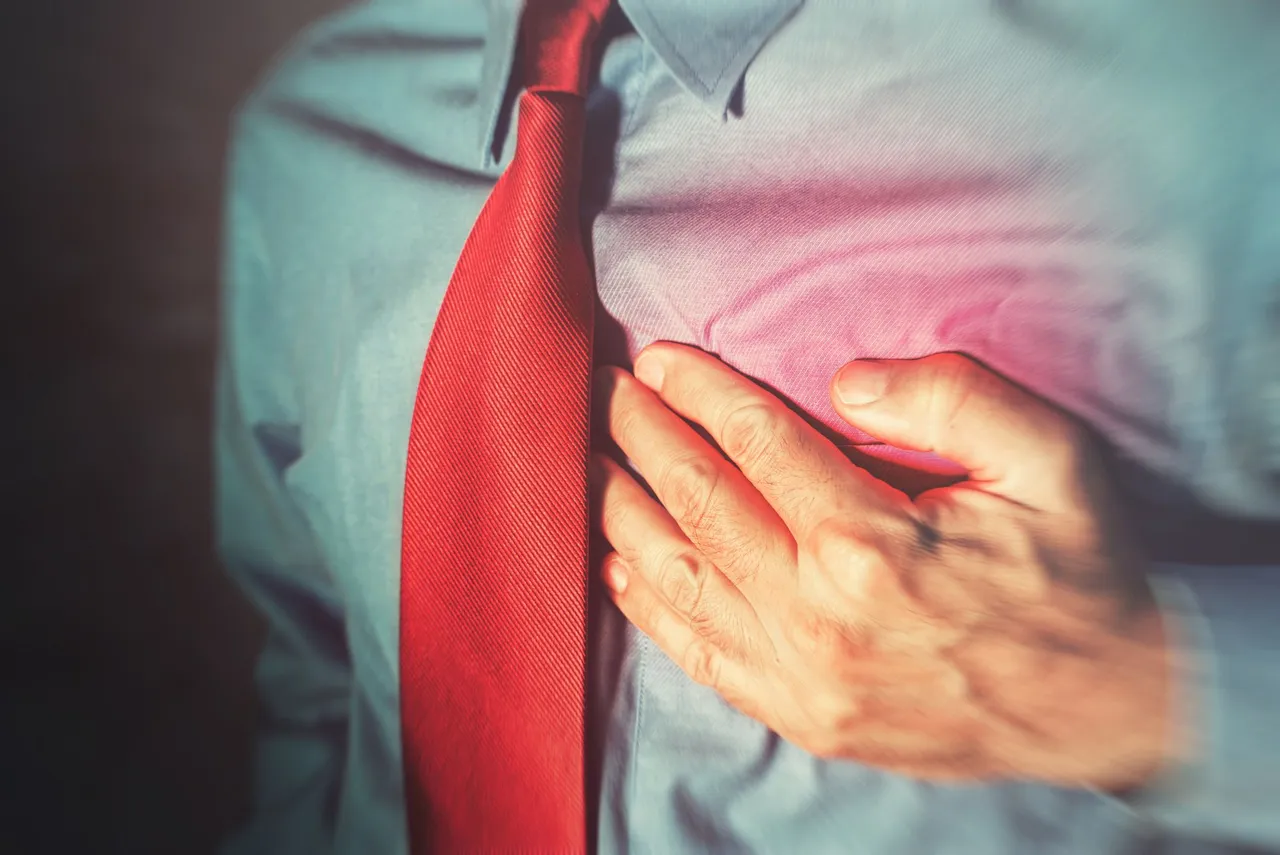
From my previous reading it seems that the most common cause of death in these cases is due to heart attack or stroke, possibly due to increases in blood clotting (thought there may also be other factors at play) [3].
It is just a coincidence that with it being hot the deceased may also have been running a fan at the same time.
Viewed through the perspective of an existing belief in fan death, people within the same community might see this as confirmation that fans do indeed cause death.
The psychological effect may be exaggerated further if the person who died was previously considered fit and well.
This is not surprising either, as many people who have coronary heart disease or diseased cerebral arteries may not actually be symptomatic until a catastrophic event (heart attack or stroke) kills them.
However to the person who is superstitious, this becomes further confirmation that fan death is a real phenomenon because a "healthy person" died whilst sleeping with a running fan in the room.
It is a form of confirmation bias that we are all susceptible to.
Conclusion
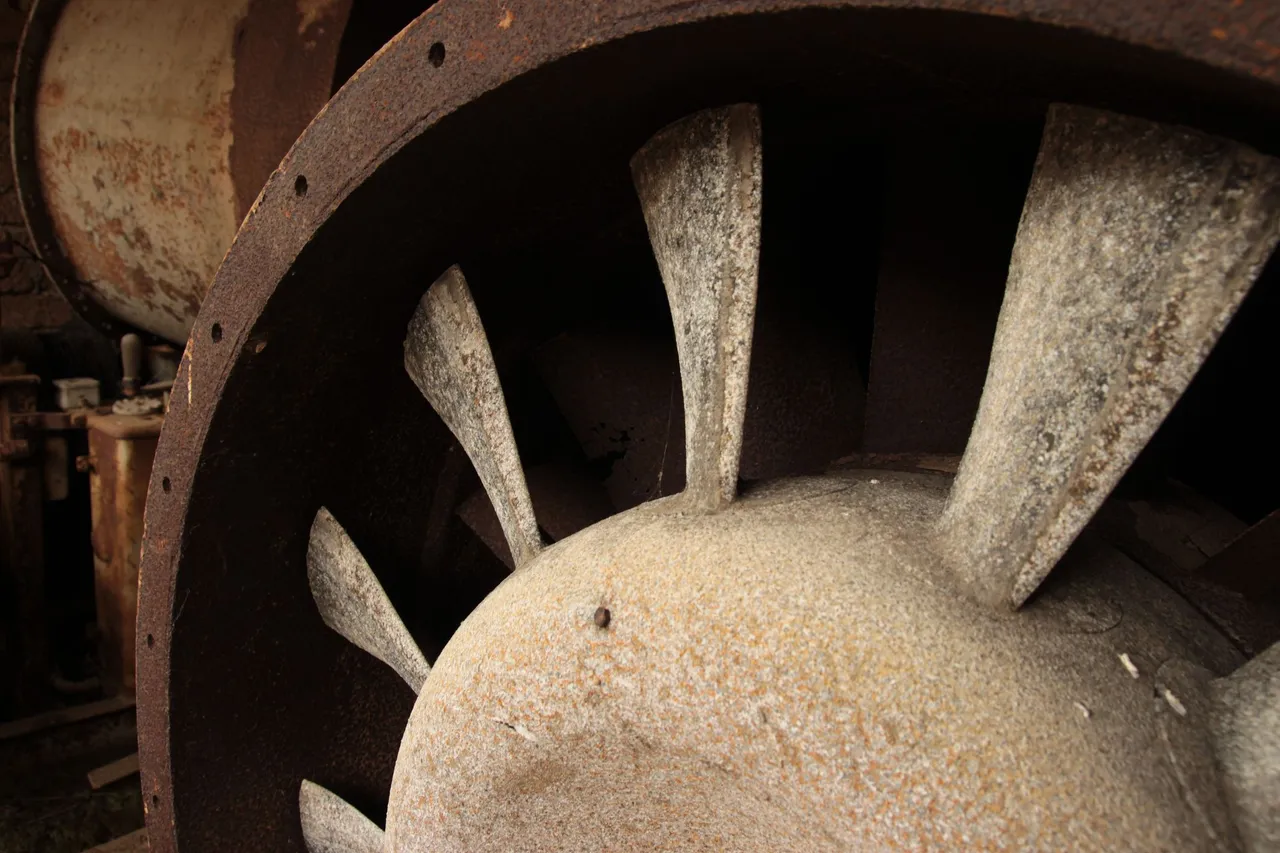
I would be curious to hear if anyone of my followers on Steemit have come across fan death.
Are you in South Korea? Is this a common belief in your experience or is this something that is dying out?
Have you heard of any cases that were attributed to fan death? Further are you aware of any similar superstitions that may not be commonly known in the West?
Please let me know in the comments.
References
Yoon-seung, Kang. 2011. “Summer Death Revives Fan Death Myth.” The Korea Herald, July 4. http://www.koreaherald.com/view.php?ud=20110704000552.
Xu, Zhiwei, Gerard FitzGerald, Yuming Guo, Bin Jalaludin, and Shilu Tong. 2016. “Impact of Heatwave on Mortality under Different Heatwave Definitions: A Systematic Review and Meta-Analysis.” Environment International 89-90 (April): 193–203. (N.B. I was only able to access the abstract for this.)
Hausfater, Pierre, Benoît Doumenc, Sébastien Chopin, Yannick Le Manach, Aline Santin, Sandrine Dautheville, Anabela Patzak, et al. 2010. “Elevation of Cardiac Troponin I during Non-Exertional Heat-Related Illnesses in the Context of a Heatwave.” Critical Care / the Society of Critical Care Medicine 14 (3): R99.
Thank you for reading
